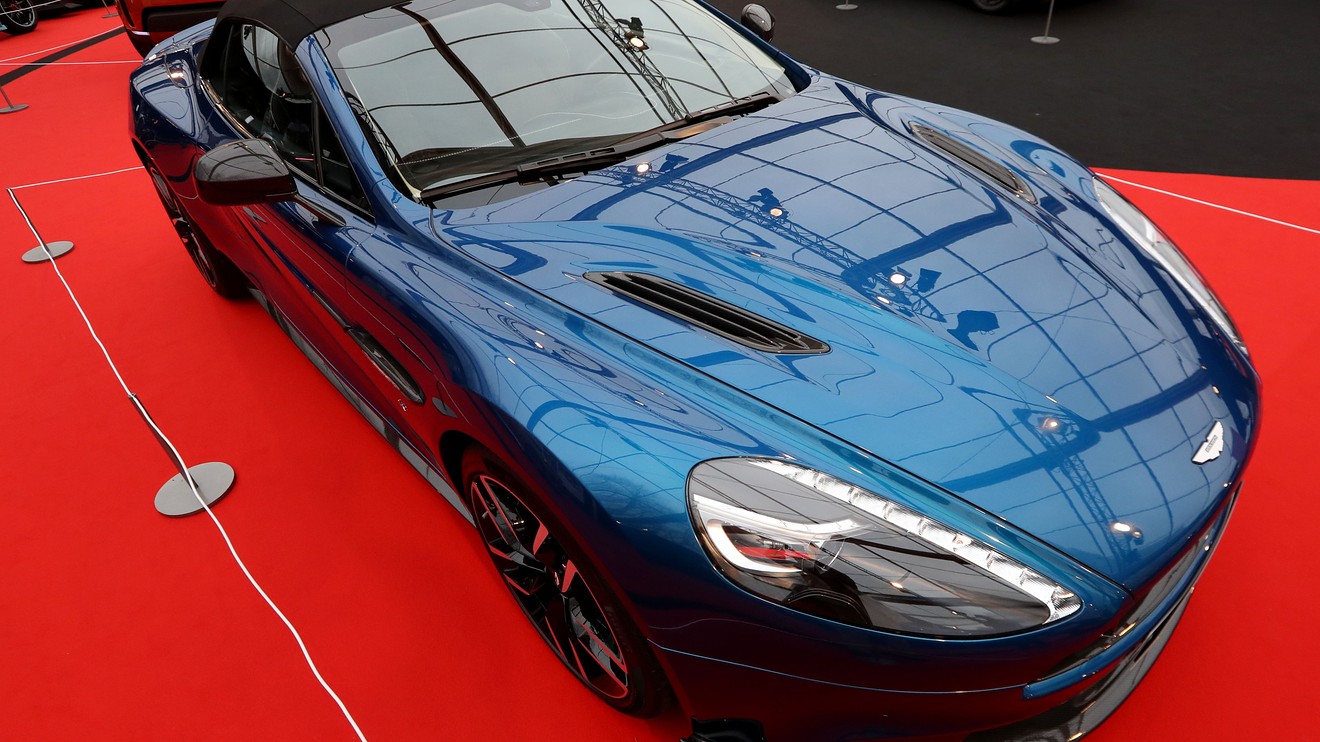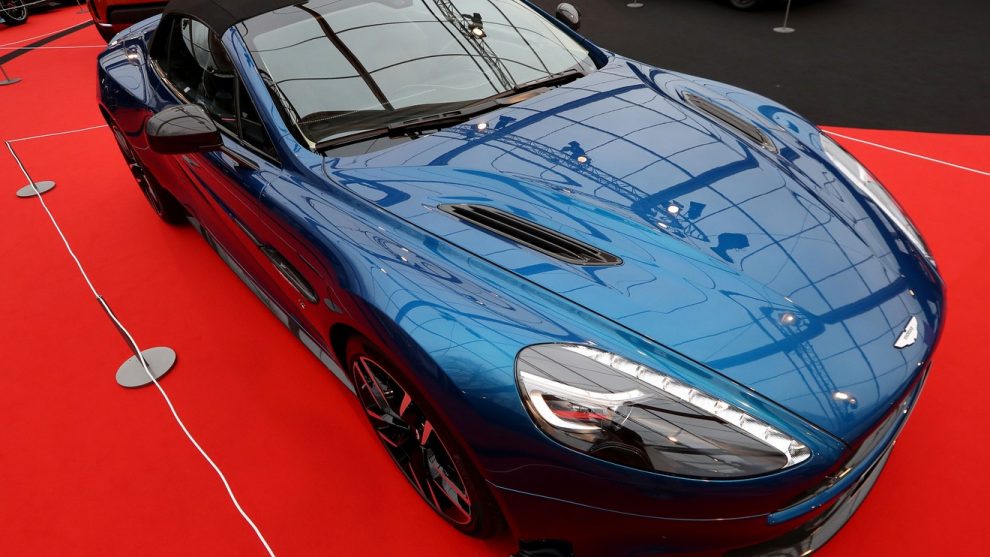
Shares in Aston Martin Lagonda have lost more than half their value since they listed on the London Stock Exchange last October, triggering speculation that the luxury car maker could make an attractive takeover target.
Andy Palmer, Aston’s chief executive, recently told an industry conference that the billions in investment needed to develop connected and autonomous vehicles would force existing brands to merge or sell to rivals to survive.
The trouble is, any potential acquirer of Aston AML, -1.22% will need Daimler’s permission, or the independent British car maker could lose its prestigious Mercedes-AMG engines.
Daimler DAI, +0.55% , which owns Mercedes, struck a deal in 2013 to receive 5% of nonvoting shares in Aston Martin in exchange for supplying its next generation of cars with its high-performance engines and electronic components, including the infotainment system.
But hidden deep in the risk factors section of Aston Martin’s 321-page IPO prospectus, is one big obstacle. “The various agreements governing the supplier relationship impose certain restrictions that have the effect of limiting Aston Martin Lagonda’s ability to obtain investment from certain strategic Daimler competitors or certain other restricted parties without Daimler’s consent.”
In other words, Daimler has Aston over a barrel and can dictate who, if anyone, should buy them.
Much of the appeal of Aston’s entry-level sports car Vantage – which is positioned as a competitor to Porche’s 911 – is its 4.0-litre twin-turbocharged V-8 engine which is supplied by Mercedes.
But not many customers would order one of the last cars with a Mercedes engine if they knew that a replacement was on its way and sales of Aston Martin’s would likely tank.
So who would supply an alternative engine? The VW Group, which owns Porsche, Audi, Bentley and Lamborghini, is unlikely to want to, since several of their marques directly compete with Aston. The same goes for Ferrari.
BMW might be willing but it would look very strange if Aston suddenly switched to its German rival, which only owns the distinctly non-sporty Rolls-Royce brand and isn’t considered to be as high-performance as an AMG engine.
That only leaves non-prestige engine makers, or doing it themselves. Aston is developing its own V6 hybrid engine which it could, in theory, use instead of the AMG. But that would take years and cost a fortune – money that Aston is unlikely to have soon unless they suddenly, dramatically increase their sales. Besides, Palmer has made clear that the V 6 is an addition, not a replacement.
Aston is quick to point out that its relationship with Daimler is mutually beneficial – and the German group does have to give notice of at least three years – so it can’t yank its engines the next day. But putting a new supplier arrangement in place can take a long time in the car industry.
Profitability depends on its ability to produce and deliver special edition models on time. Any delay could be disastrous for both its balance sheet and its reputation.
Want news about Europe delivered to your inbox? Subscribe to MarketWatch’s free Europe Daily newsletter. Sign up here.










